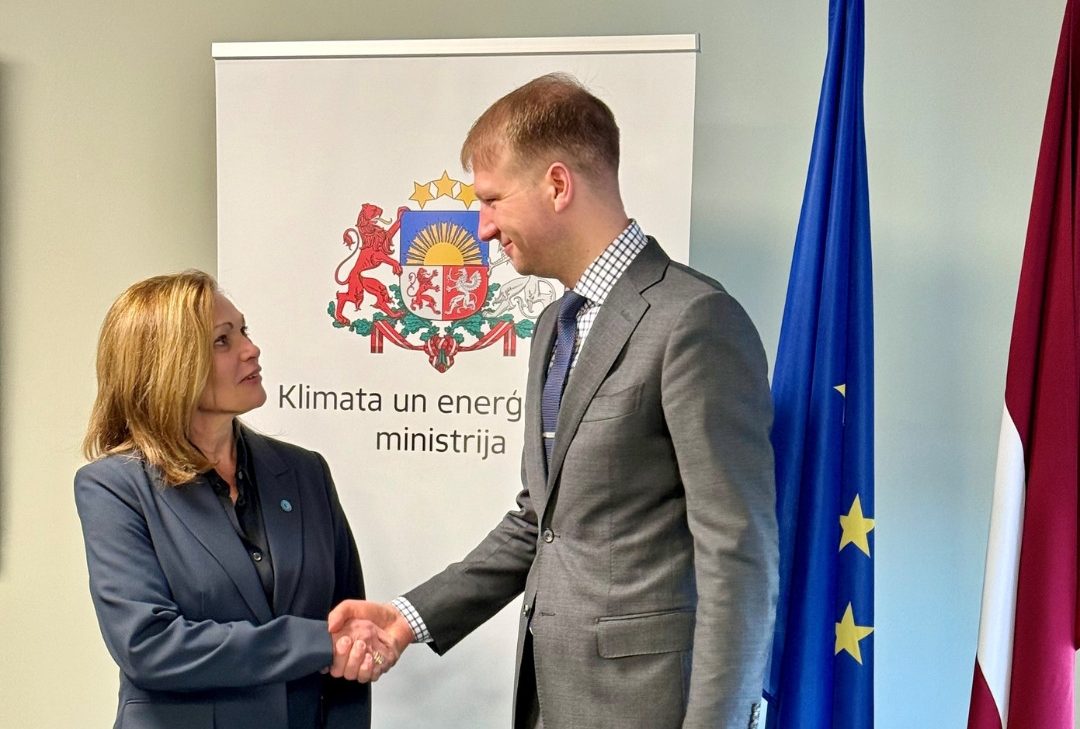The state government approved the draft amendment to the regulation on the levying of trade tax and property tax in unincorporated areas for association participation. The aim of the amendment is to secure trade tax revenue for Lower Saxony’s municipalities, particularly for offshore wind farms off the North Sea coast of Lower Saxony.
The amendment would mean that from 2026 onwards, the majority of trade tax revenue for these wind farms would go to the city of Wilhelmshaven. If the framework conditions remain the same, this would amount to around £100 million per year. Of this, around £75 million would be redistributed to other municipalities in Lower Saxony via the municipal financial equalisation system. The state of Lower Saxony and the federal government would jointly receive around €9 million via the trade tax levy, as has been the case up to now. This means that a total of around €36 million could remain in the budget of the city of Wilhelmshaven.
Finance Minister Gerald Heere: “It is important to me to secure these considerable revenues for our districts, cities and municipalities in the long term. The municipalities of Lower Saxony would benefit twice from this change. On the one hand, Wilhelmshaven would contribute a significant portion of the additional revenue to the municipal financial equalisation scheme. On the other hand, the city, which has been rather financially weak up to now, would no longer receive allocations from the tax revenues of other municipalities.”
The background to the planned change is a ruling by the Federal Finance Court on 3 December 2024. Previously, the state of Lower Saxony had levied trade tax in certain municipalities and independent districts. This mainly affected offshore wind farms off the North Sea coast. After this practice had been confirmed in the first instance, the Federal Finance Court ruled otherwise: the right to levy trade tax on a business with a permanent establishment in coastal waters may only be transferred to one or more municipalities.
Without an amendment to the regulation, the municipalities in which the operators of the wind farms off the coast of Lower Saxony have their headquarters will therefore benefit. However, most of these are not located in Lower Saxony. In order to secure trade tax revenue for Lower Saxony, Wilhelmshaven is to be granted the right to levy trade tax. Other municipalities in Lower Saxony also benefit from these offshore taxes through the other mechanisms of municipal financial equalisation.
Source: Niedersachsen














